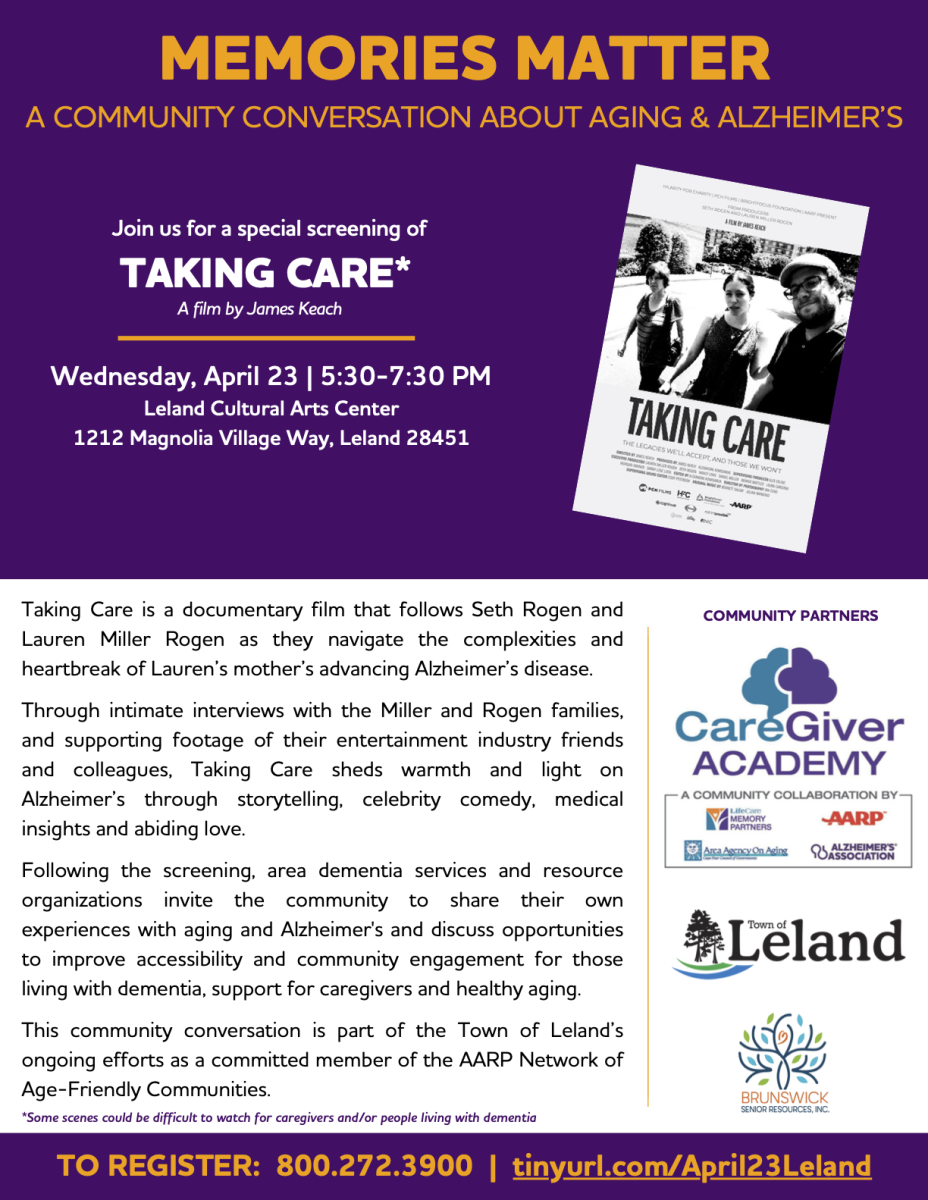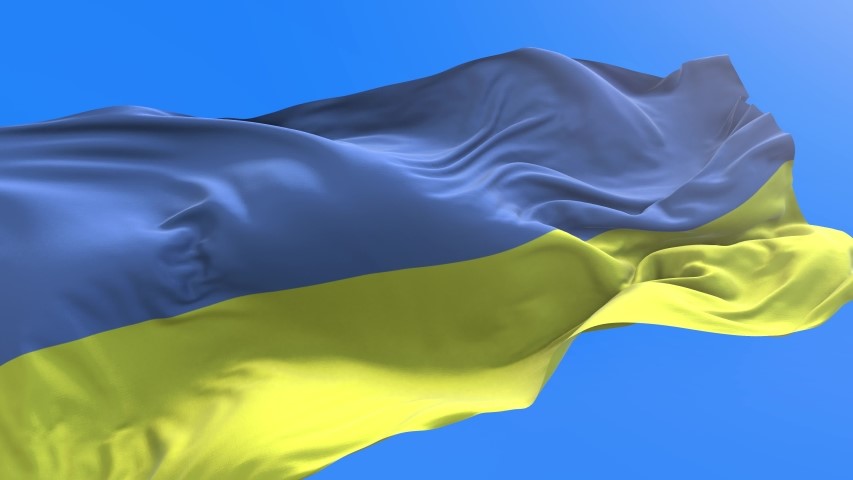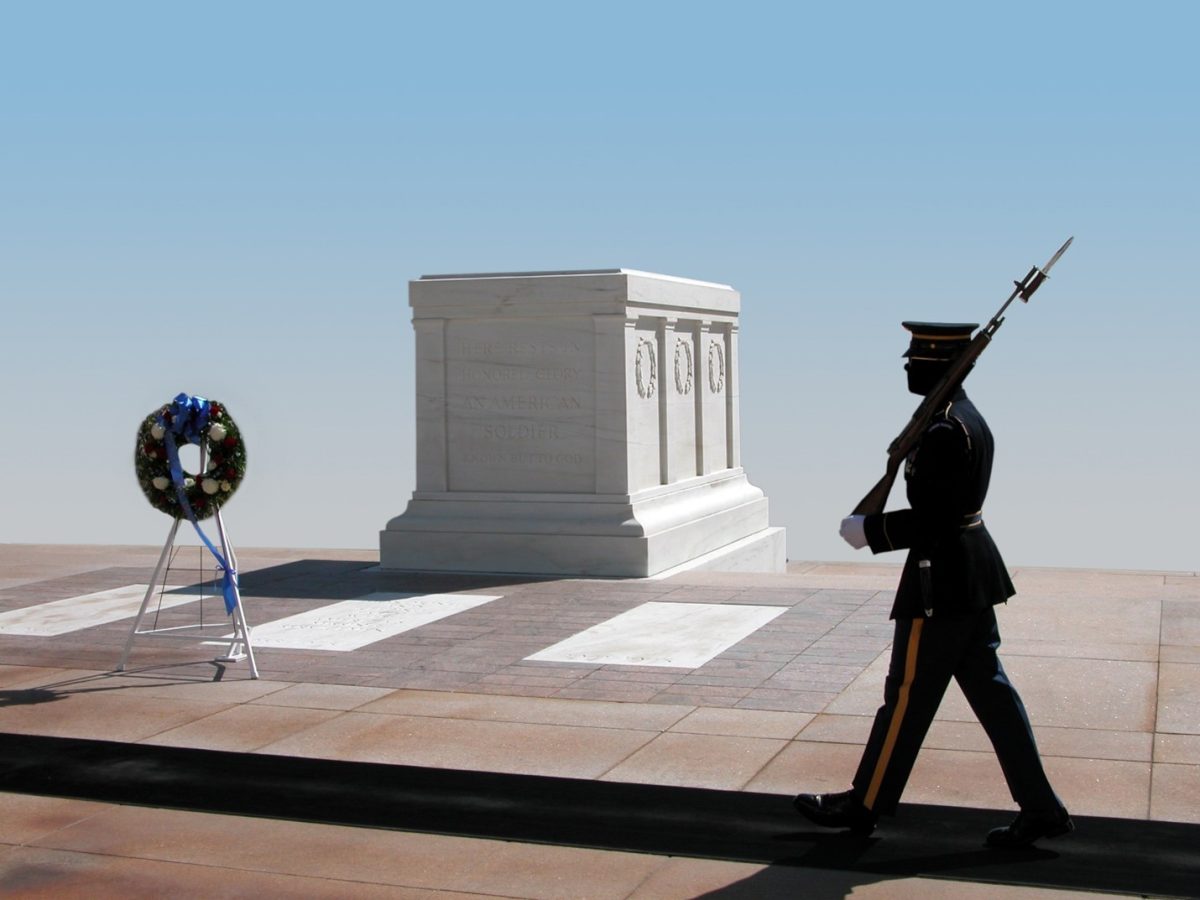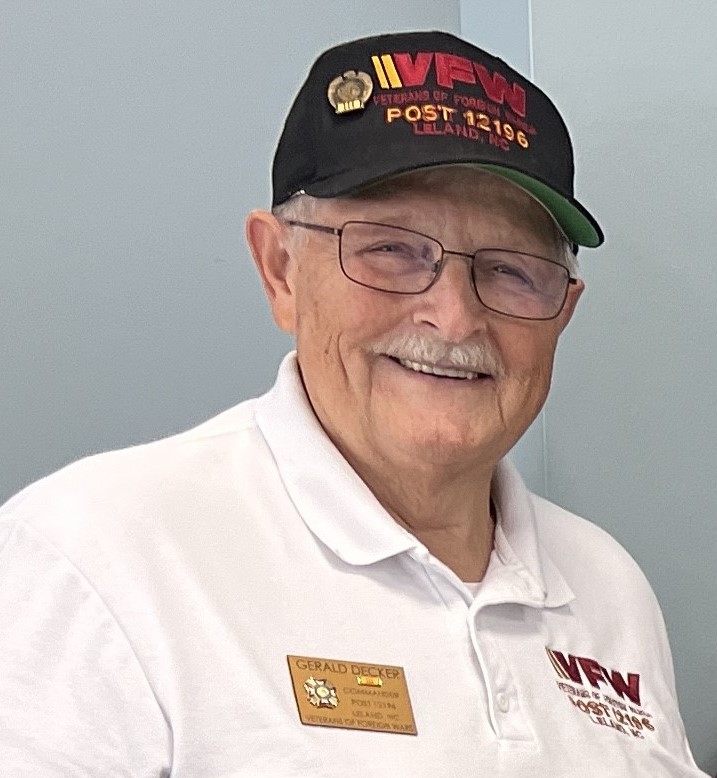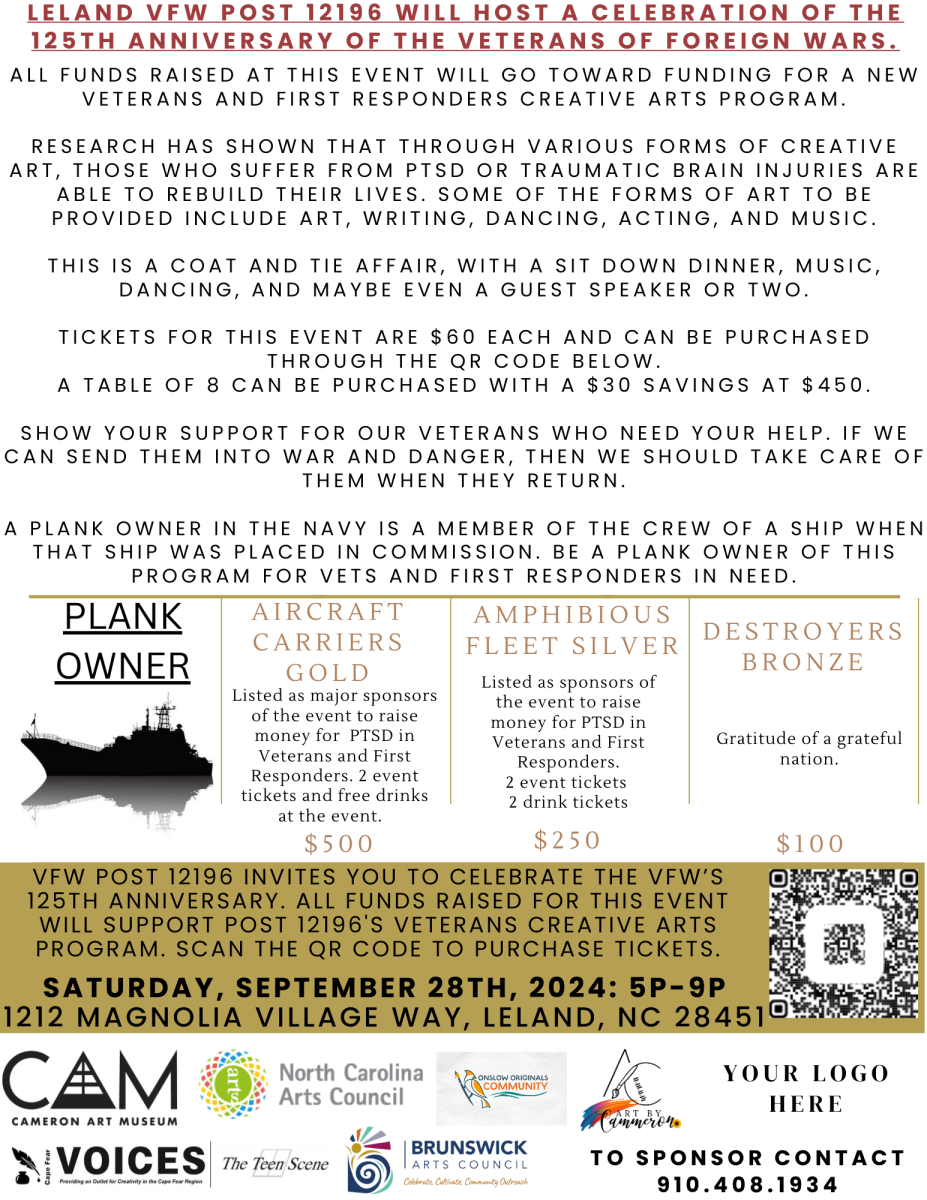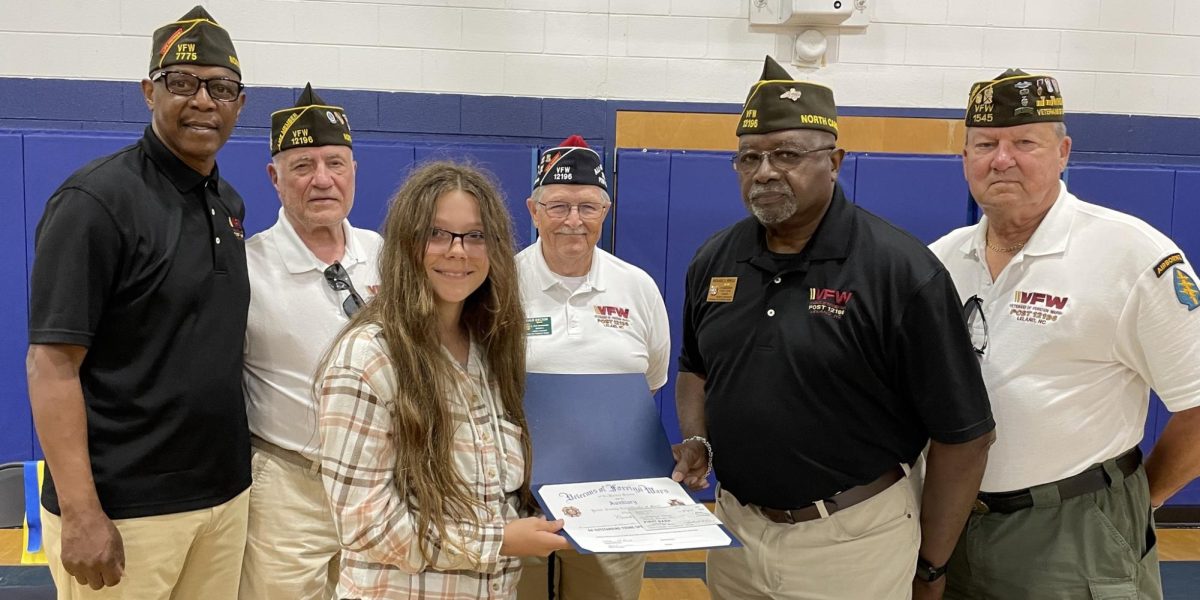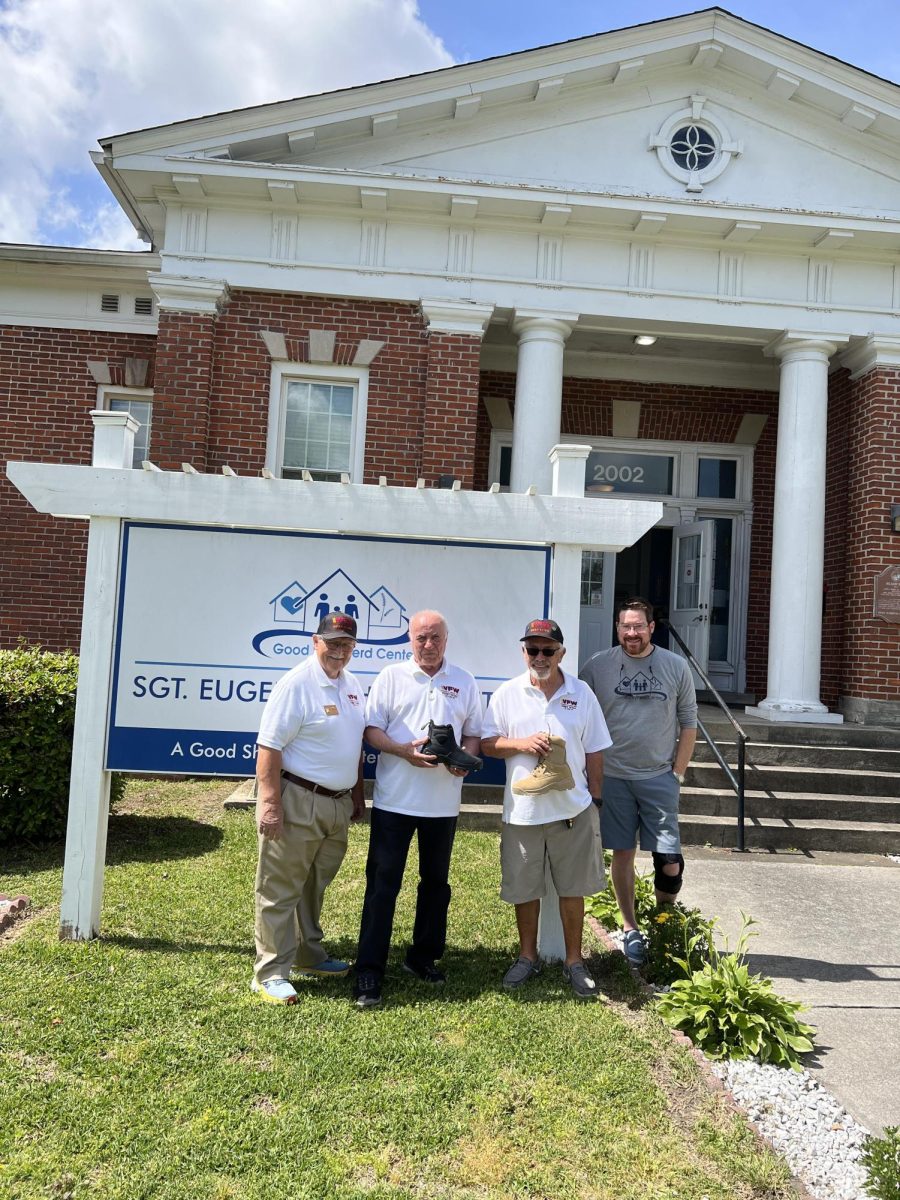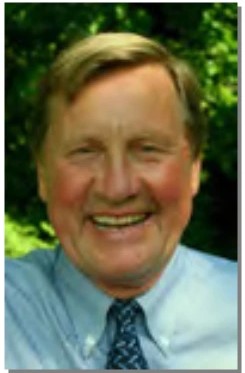The Korean Conflict, called “The Forgotten War,” occurred from 1950 to 1953. At the end of World War II, the US and the Soviet Union agreed to temporarily divide Korea into two countries at the 38th parallel. This border became more rigid as Cold War tensions escalated.
In June 1950, the communist leader of North Korea, Kim ll Sung, decided to reunify the two countries, but under his control. Kim launched a surprise invasion of South Korea, sending 75,000 soldiers across the border. They quickly overran the capital of Seoul in the first military action of the Cold War. The US was caught off-guard, but President Truman decided to combat communism by fighting its spread.
Two days later, the US persuaded the United Nations to declare its support for South Korea. Truman, perceiving the North Koreans to be pawns of the Soviets, agreed to send US forces as a major part of a UN police action. Two weeks later, the UN recommended that all UN forces be put under US control. Truman then ordered General Douglas MacArthur to take command.
From August to September 1950, the war seesawed back and forth. US and South Korean forces were initially pushed far to the south to the port city of Pusan. The US 8th Army, most of which had hurriedly been sent from soft occupation duties in both Korea and Japan, fared poorly against the aggressors and were nearly pushed off the Korean peninsula. But then, the 8th Army stiffened and held Pusan as reinforcements arrived.
On 15 September 1950, MacArthur carried out a surprise landing at Inchon, the port for Seoul, that enabled the UN forces to retake Seoul, cut off North Korean supply lines and drive the North Koreans back to the 38th parallel.
In October 1950, China answered North Korea’s request for aid and entered the war, sending massive numbers of troops across China’s border to fight against UN forces.
From November to December 1950, MacArthur had ordered UN forces to attack through North Korea toward the Chinese border with the intention of reuniting North and South Korea. This action resulted in the Battle of the Chosin Reservoir, now regarded as one of the most brutal in modern warfare. Thirty thousand UN troops were encircled and attacked by 120,000 Chinese troops. The UN troops, nevertheless, broke out of the encirclement and made a fighting withdrawal while inflicting heavy casualties.
By April 1951, UN forces had recovered and pushed their way back to the 38th parallel. MacArthur conducted the war largely from his home in Japan, periodically flying in to issue orders, pose for photos, and fly back. He openly defied Truman’s Korean policy writing a letter criticizing Truman that was read to the House of Representatives. When MacArthur publicly threatened to bomb China, Truman had enough of his arrogance and controversially relieved him.
The next two years saw periods of fierce fighting, but the UN held at the 38th parallel. They endeavored to fight a limited war that meant no nuclear weapons nor attack across the Chinese border. Truman’s popularity plunged to 24 percent, at least in part because MacArthur’s firing was not popular with the American public. Truman then announced that he would not run for reelection.
The conflict had bogged down into a battle of attrition by November 1952, followed by Eisenhower’s election as President. Eisenhower publicly hinted that the United States might use a nuclear bomb if the Chinese would not negotiate a cease-fire.
Whether Eisenhower’s threat helped or not, by mid-1953, all sides were ready to stop fighting and agreed to a cease-fire on 27 July 1953. The Korean Conflict came to an end as the UN, China, and North Korea signed an armistice without South Korea. However, a peace treaty has still not been signed. Gen. Mark Clark, the Commander of UN forces, said he had “the unenviable distinction of being the first US commander to sign an armistice without victory.”
More than 1.5 million Americans served in Korea, 37,000 were killed, 8,000 are still listed as MIA, and 130,000 were wounded. All in all, a very costly conflict in many ways with so little to show for it.
* Editor’s Note-Leland VFW Post 12196 is planning a Korean War Veteran Commemoration Day in Leland on July 27, 2021. To learn more about this event, contact them at vfwpost12196@gmail.com.

